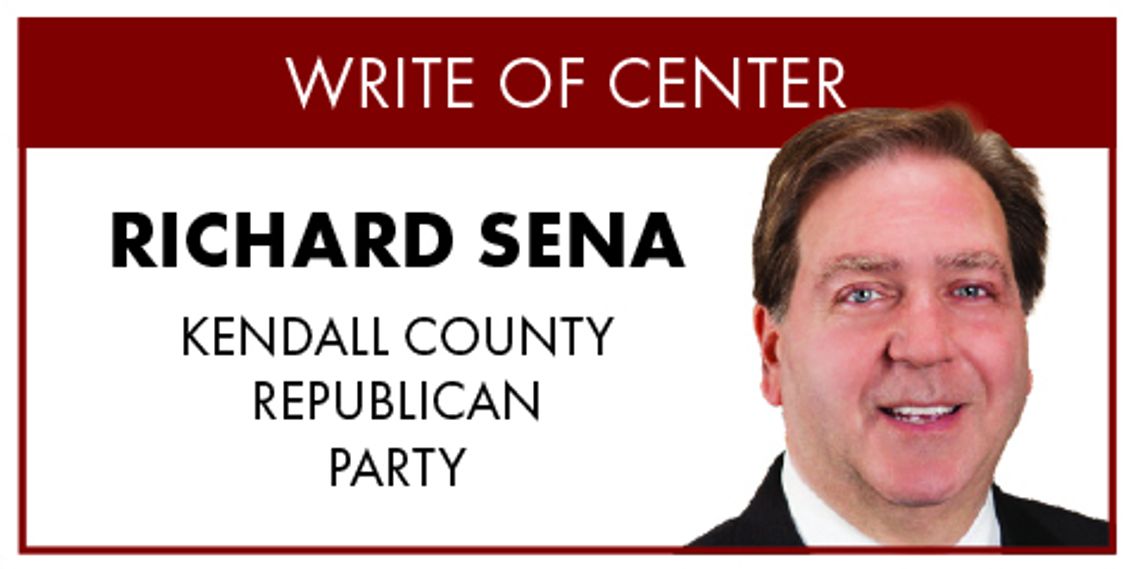Recently a friend of mine sent me an article from a January 1944 issue of Weekly News Review that offered a prescription for good citizenship.
Its caption read, “There is more to citizenship than voting.” The article stressed that voting is a logical act of following what was described as “The Ladder of Citizenship.”
The ladder’s first step was listed as having public spirit. What this means is that people should very much care what goes on in their local communities, states, and nation.
The second step stressed the importance of wide reading. That is, an informed electorate is knowledgeable about issues and has done adequate research prior to developing convictions.
The article exhorted readers to look actively for material on problems that arise, and to seek out all sides of an issue. This commitment to research requires time, yet in our society today all too many people want things done immediately.
This may or may not result in well-researched and thought-out plans. Getting “news” from Tik Tok or social media may be titillating, but rarely meets the standard of deep research.
Having an informed electorate also raises the bar for elected officials requiring that they truly act in the best interests of the people as opposed to pulling the wool over their eyes.
The third ladder step promotes open mindedness and a willingness to learn. The article notes that “the good citizen will gather information and make informed decisions based on those facts.” Developing convictions is a logical extension of this desire to learn and research.
The fourth ladder step encourages citizens to respectfully engage in discussion. This requires people to listen as well as to speak.
I often remind my Sunday School second grade students that the reason God gave us two ears as opposed to one mouth is that we need to listen. What we often see on social media is angry diatribes that demean anyone who disagrees with the writer. The victory should not go to the person who screams the loudest, but rather those who have thoughtfully researched issues and come to logical conclusions that benefit the overall community.
As a local elected official, I spend a lot of time visiting with folks at community events and meetings by listening to them and asking questions so that I understand their points of view.
Sometimes they have all the relevant facts, and sometimes they don’t. Either way, it gives me an opportunity to educate folks about important issues as well as develop relationships with constituents.
Another step on the ladder of citizenship is making your opinions felt. This can be done in many ways. Residents can attend meetings of governmental entities and express their thoughts at a public meeting or hearing. They can write letters or make phone calls and encourage their neighbors and friends to do the same.
Imagine the lack of communication tools that existed during the early days of our Republic when telephones, cell phones, automobiles, the Internet and social media didn’t exist.
Yet, Alexis de Tocqueville noted in his renowned work, “Democracy in America,” the importance of our vibrant civil society and voluntary associations. He recognized that active participation in local communities in turn fostered democratic values, community social cohesion and individual liberty.
Another ladder step is civic participation. It’s OK to grumble a bit when expressing thoughts, but a logical follow- up question is to ask the individual what they have done to improve their community and its way of life.
If all someone does is complain and belittle, then they are part of the problem. Conversely, if they actively participate in civic life and seek to better their community, then they are part of the solution.
We need to have a standard for those seeking elected office of having a history of civic engagement, not simply being one of the loudest to complain. It is a more joyful way to live life to make positive contributions to your community.
The final step on the ladder of citizenship is voting. It is our right as American citizens to do so. It is essential that we honor this right. It is also essential that we climb the ladder of citizenship to be a well-informed voter.







Comment
Comments